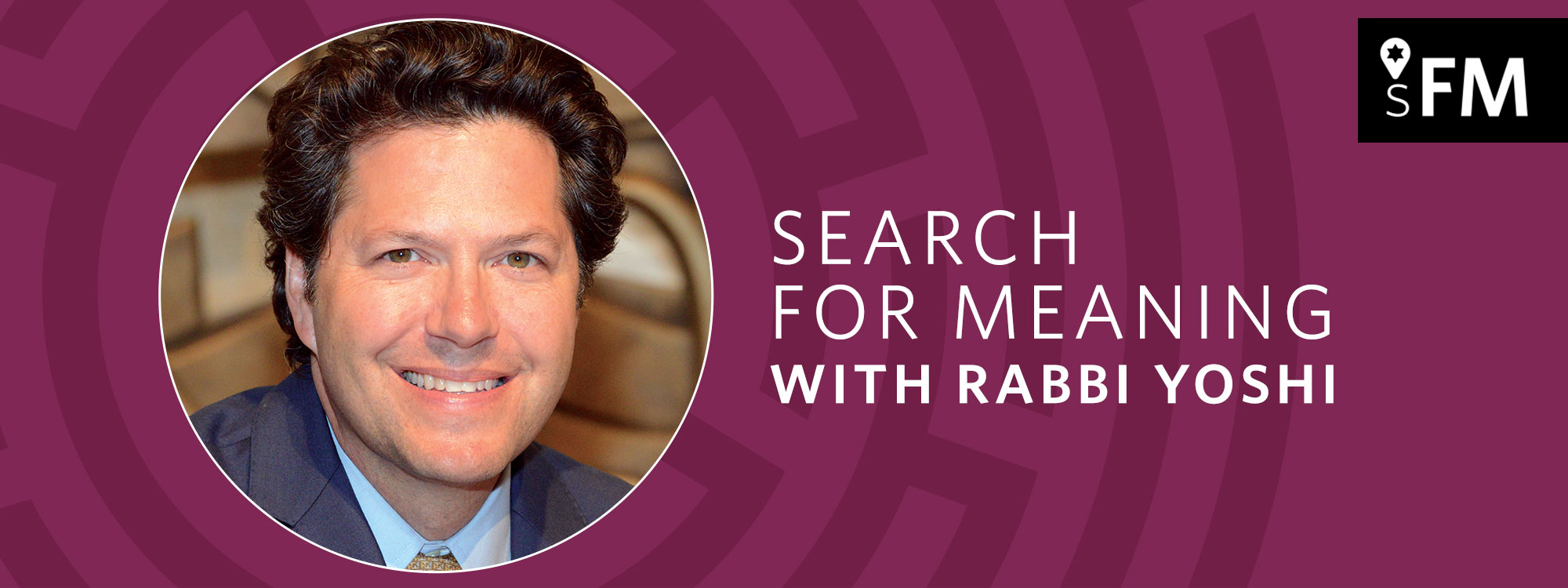Since last Friday, I’ve attended two burials, a memorial service, and a shiva minyan. Some might see this as an occupational hazard, an inseparable part of my chosen profession. It’s much more universal than that, though. It’s an existential hazard for all of us. We—along with every other living being in this universe—are finite. Death will come to us all.
Rabbi Joseph Soloveitchik (known as the “Rov”—1903-1993) taught that our tradition imagines the world as a cosmic battle between life and death. Writing about Soloveitchik’s insight, Rabbi Yitz Greenberg teaches: “God creates life and loves it. Death is the enemy, the antithesis of God. The Temple, representing perfection and the pure presence of God, is totally devoted to life. Therefore, no form of death can enter the Temple. Human beings who come in contact with the dead can enter into the Temple only after they are purified, i.e., they are born again to life.”
This explains why this week’s Torah portion, Emor, begins by instructing the Priests not to come into contact with a corpse. To this day, many Kohanim will not step foot in a cemetery unless it is for the burial of a near relative.
As much as I personally wish to avoid death, for myself and for those I know and love, the realization of our finitude actually helps me to appreciate life more. I have the privilege of being with families as death approaches and in its immediate aftermath and this has taught me so much about life and how it should be lived.
Of course, we should take care of ourselves and others so that we might live long, healthy, productive, and meaningful lives. For me, the wisdom gained by attending funerals, memorial services, and shiva minyanim help me to live a life of purpose and meaning. As painful as these moments often are, they offer opportunities for reflection and growth and allow us to support our friends, family, and community with compassion and love.
May these encounters with death help us to be more thoughtful, more sensitive, and more aware of how blessed we are to be alive.
Shabbat Shalom,
Rabbi Yoshi Zweiback

